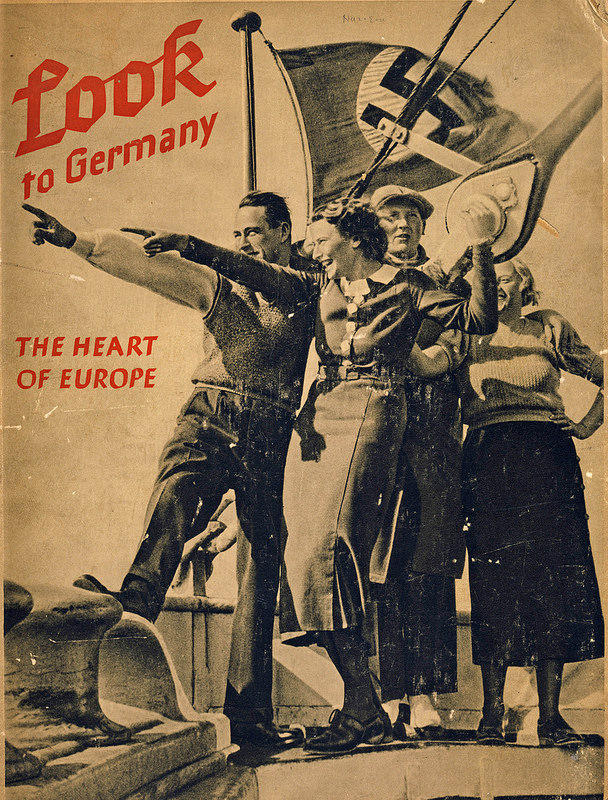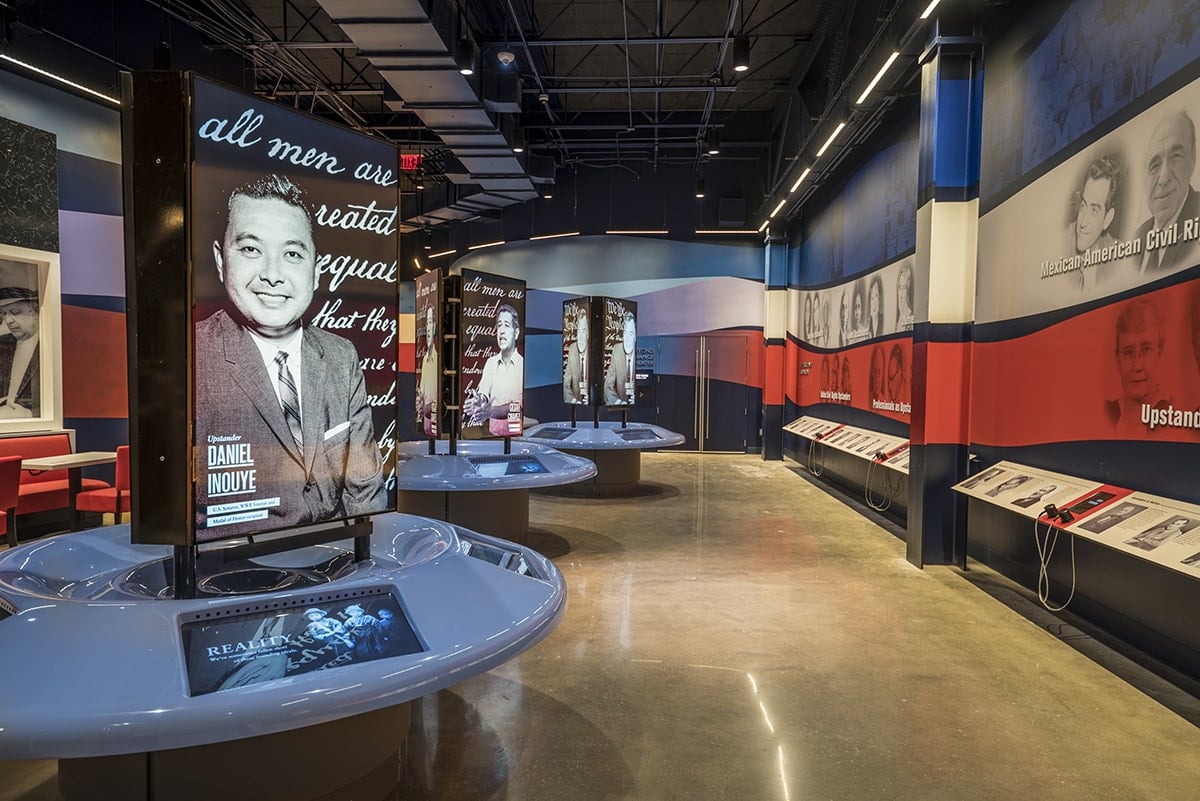
“And no one ever said a word.”įor Rubensteen, the rich context provided by Maklan Ross’s collection, and her family’s stories, will become especially important as the number of eyewitnesses to the Holocaust are dwindling. “The way I remember it, it was like Moses in that famous scene when the waters parted,” she said. Holocaust Memorial Museum Rose Maklan Ross and her mother, Gisela Her mother took Maklan Ross and her father by the hand and marched them into the synagogue.Ĭourtesy Rose Maklan Ross and the U.S. “And my mother just looked at him and said ‘I will pay you nothing. Maklan Ross’s parents hadn’t purchased tickets. Her father dressed in a suit and she and her mother put on silk dresses, and when they got to the door of the synagogue, a man asked for their tickets – $75 for the whole family. She said her mother grew up in an observant Jewish family, but rarely went to temple after the war – so rarely, in fact, that Maklan Ross vividly remembers a trip to a Bronx synagogue for High Holidays when she was 10 or 11. “Those were the things that mattered to me, was to know that at one time she could have been happy.” “Was she happy? Did she laugh?” Maklan Ross said. She longed to know more about her mother’s life before the war. Maklan Ross said she carried the weight of her family’s experiences in the Holocaust, even as many of the details remained a mystery to her. The immunization records and camp documents Maklan Ross kept in a box showed that her parents were building a paper trail that would allow them to leave Neustadt for their eventual home in New York. “And alongside these photographs we have all these documents of what they were doing – they weren’t just getting married and having a kid, they were trying to immigrate as soon as possible.” “It’s an amazing thing to be able to look at the family photos of Rose’s parents getting married, Rose’s parents having a child,” she said. She said she was struck by how Maklan Ross had not just photographs or just documents, but both, from overlapping time periods – which allowed Rubensteen to piece together a fuller picture of the Maklans’ life in the Neustadt displaced persons camp.

Rubensteen researched Maklan Ross’s parents, then met with Maklan Ross herself to see the artifacts and talk about her family. Maklan Ross reached out to Aimee Rubensteen, the acquisitions curator for the museum based in South Florida. “I said ‘this is it, here’s the answer to my problem,’” she said. “And I just couldn’t let it sit there and just disappear.”Īt around the same time, Maklan Ross read an article in the South Florida Sun-Sentinel about South Florida residents donating artifacts to the U.S. “All of a sudden I got this sense of urgency that if something happened to me, it would be a box that goes to the family, and then they look at it, and they put that box on another shelf,” she said. But mostly they stayed in the box, until 2018. She put them all in a box that she looked through every year on her mother’s birthday, and took out for her children’s school projects on their family tree or World War II. She took home old, fraying photo albums with black pages and little tabs anchoring the pictures to the page, and documents – immunization records, documents identifying her parents as camp survivors, records of their medical exams – from their time in Neustadt. When her mother died in 2002, Maklan Ross packed up her mother’s South Florida apartment. Maklan Ross, now 73 and a resident of Delray Beach, was one of the first children born in Neustadt.

The two met and married in the Neustadt/Holstein displaced persons camp in Germany after World War II. Holocaust Memorial Museum Rose Maklan Ross's parents, Gisela and Leo Maklans, on their wedding day.


 0 kommentar(er)
0 kommentar(er)
